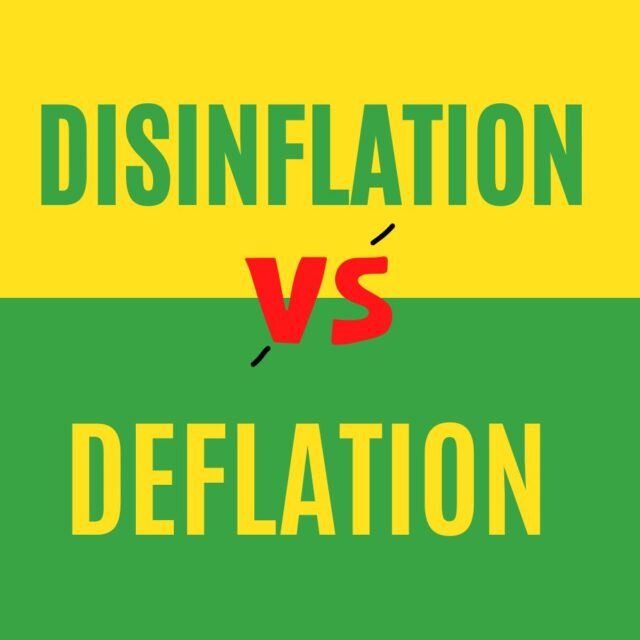Uphold vs Coinbase: Which is Better for You?
When it comes to buying and selling cryptocurrency, there are a few different options available to you. In this blog post, we're going to compare two of the most popular choices: Uphold and Coinbase. We'll break down the pros and cons of each so that you can decide which is the best option for you. Keep reading to learn...
Fannie mae homestyle loan vs 203k
Deciding between a Fannie Mae HomeStyle loan and a 203k can be difficult. Both have their pros and cons, but which one is the right choice for you? In this blog post, we'll break down the differences between these two types of loans so you can make an informed decision. Let's get started! Fannie Mae homestyle loan The Fannie Mae HomeStyle...
Heloc vs Bridge loan
A home equity line of credit (HELOC) is a type of loan that allows you to borrow money against the equity in your home. A bridge loan, on the other hand, is a short-term loan used to help you purchase a new home before selling your current one. So which one should you choose? Here's a closer look at...
Multi step vs Single step income statement
Which income statement is better for your business? A single step or a multi step? Both have their pros and cons, but which one is right for you? In this blog post, we'll break down the differences between these two types of statements and help you decide which is best for your business. Stay tuned! Multi step income statement A multi...
Bitcoin vs Litecoin
There are two main contenders when it comes to cryptocurrencies: Bitcoin and Litecoin. So, which one should you invest in? In this blog post, we'll take a look at the key differences between these two coins, so that you can make an informed decision. Both have their pros and cons, but ultimately it comes down to personal preference. So,...
IRA vs Mutual fund
If you're like most people, you have either an IRA or a mutual fund. But do you know the difference between the two? An IRA, or individual retirement account, is a type of investment account that allows you to save for retirement. A mutual fund is a type of investment that pools money from many investors to buy shares...
Disinflation vs Deflation
There is a lot of talk about deflation and disinflation these days, but what do they actually mean? In essence, disinflation is a slowing of the rate of inflation, while deflation is a decrease in the price level. Both can be problematic for the economy, but for different reasons. Let's take a closer look at each one. What is disinflation...
Swing trading vs Day trading
Swing trading and day trading are two different ways to trade the stock market. Both have their own pros and cons, so it can be difficult to decide which is the best option for you. In this blog post, we'll take a look at the differences between swing trading and day trading, so you can figure out which is...
Single wallet vs Duplicate checks
There are many options to choose from when it comes to personal finance, and one decision you may face is whether to use a single wallet or duplicate checks. Each has its own set of pros and cons, so it's important to weigh the benefits and drawbacks of each before making a decision. Here's a look at some of...
Gross vs Net expense ratio
What is a gross vs net expense ratio and which is better for you? When it comes to investing, there are a lot of acronyms and terminology that can be confusing. Expense ratios are one of those things. In short, an expense ratio is the percentage of your investment that goes towards paying operating expenses associated with owning and...








































